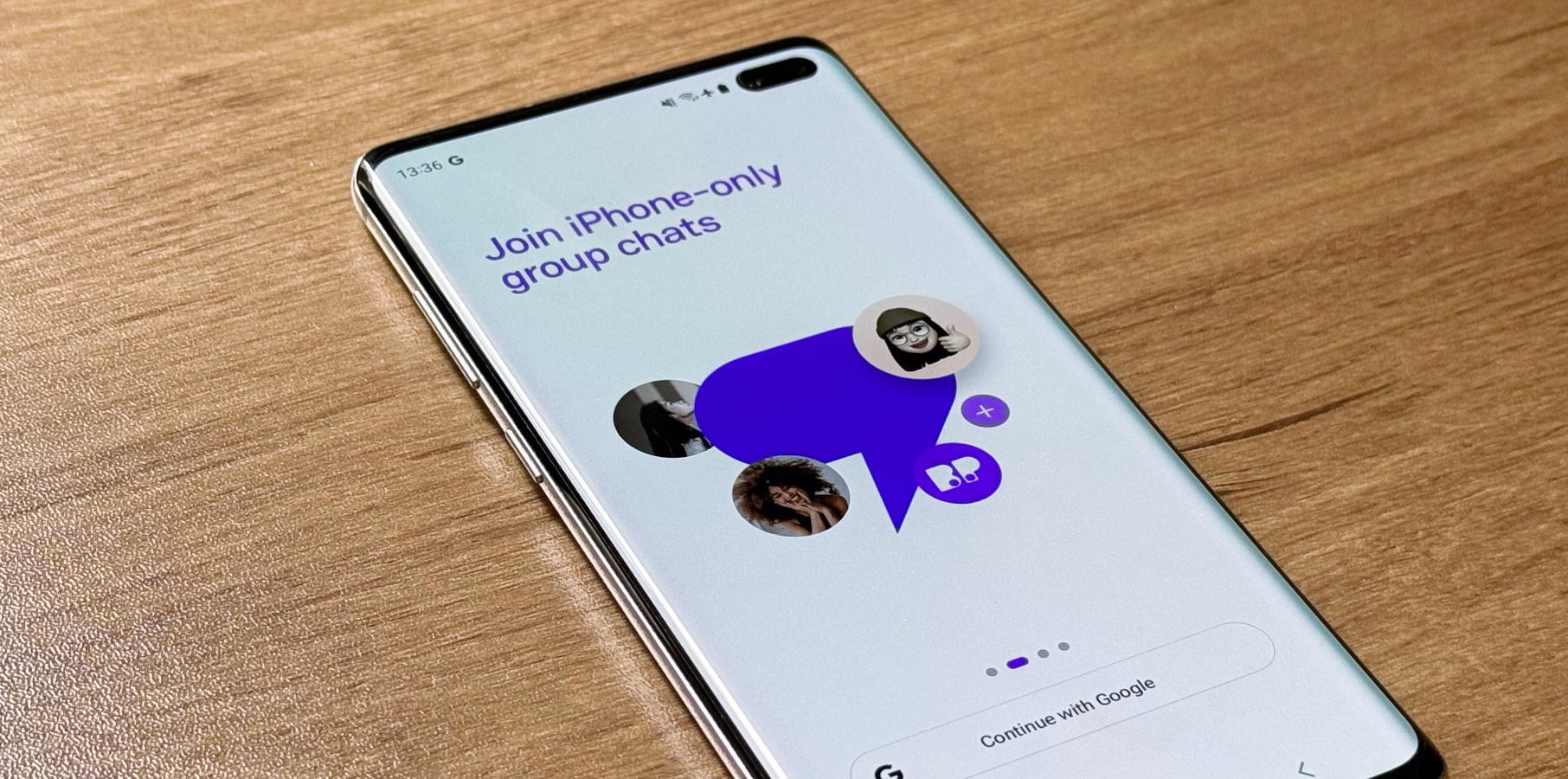As quickly as the Beeper Mini app brought iMessage to Android, Apple showed up to rain on its parade. On Friday, Beeper Mini users started reporting problems with the app. Beeper took to X to note that the team was investigating reports about problems sending and receiving messages. Apple apparently closed the loophole the app was taking advantage of, as users are now seeing error messages when they try to send texts.
Apple obviously hasn’t taken credit for blocking Beeper Mini, but it’s the most likely explanation. TechCrunch reached out to Beeper CEO Eric Migicovsky and asked if Apple is responsible for the outage. His response: “Yes, all data indicates that.”
As The Verge explains, Beeper probably assumed that it would be too much effort for Apple to block their app. After all, the team reverse-engineered Apple’s messaging protocol. Migicovsky even argued that the app would make smartphone users safer, as those “green bubble texts” aren’t encrypted when sent from an Android device to an iPhone.
This clearly casts doubt on Beeper’s ability to bring FaceTime to Android as well.
“If it’s Apple, then I think the biggest question is… if Apple truly cares about the privacy and security of their own iPhone users, why would they stop a service that enables their own users to now send encrypted messages to Android users, rather than using unsecure SMS?” Migicovsky told The Verge. “With their announcement of RCS support, it’s clear that Apple knows they have a gaping hole here. Beeper Mini is here today and works great. Why force iPhone users back to sending unencrypted SMS when they chat with friends on Android?”
Whatever the case, any users who were paying $2 a month for a subscription to Beeper Mini are going to have some questions for the team. Beeper is going to “evaluate options,” but it’s unclear how long it will take to restore the functionality (if it can even be restored at all). In the meantime, Android users can’t use Sunbird either, as it was shut down.

